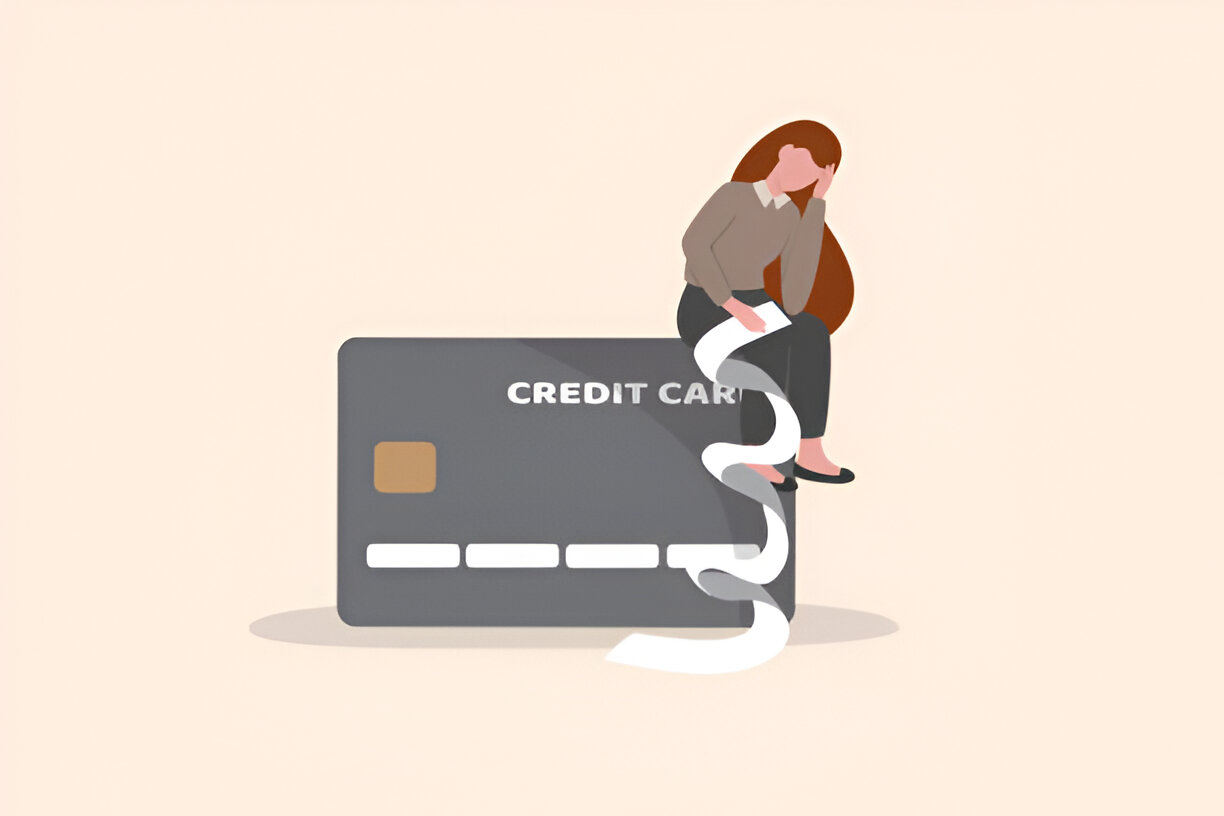By Erin El Issa/NerdWallet
Paradise Post, Paradise, Calif.
(TNS)
It’s nearly the end of the year and a majority of Americans have regrets about their money moves, or lack thereof, in 2024. Whether they set New Year’s resolutions that didn’t work out, or just thought they’d be further ahead than they are now, a new NerdWallet survey, conducted in October 2024 by The Harris Poll, finds that 69% of Americans have financial regrets for 2024.
The youngest adult generation—Gen Z (ages 18-27)—is most likely to be remorseful about money this year. Nearly 9 in 10 Gen Zers (89%) say they have financial regrets for 2024, compared to 80% of millennials (ages 28-43), 73% of Gen Xers (ages 44-59) and just 46% of baby boomers (ages 60-78).
Among the top regrets are not saving, overspending and not working on credit score improvement.
If you count yourself among those with regrets, here are some actions you can take starting today to avoid such remorse next year and beyond.
Regret: Not saving for emergencies and financial goals
Nearly 3 in 10 Americans (29%) regret not saving for emergencies and 27% regret not saving enough for their financial goals, like retirement or a down payment on a home, this year.
Take action: Set up automatic transfers to a savings account. Many of us try to save by seeing what we have leftover at the end of the month and transferring that over to savings. But with an endless array of things and experiences to spend on, it takes an immense amount of willpower to end the month with a chunk of money to throw into savings. Instead, flip the order by automating your savings first, and spending what’s leftover.
This could mean setting up a transfer between your checking account and savings account once a month or on each payday. Or, you could see if your employer allows you to set up direct deposit to multiple accounts and send an amount or percentage of your paycheck straight to savings without the detour to your checking account.
Regret: Overspending on entertainment
A quarter of Americans (25%) regret overspending on entertainment, like dining out and recreation, this year. This is a more common regret for Gen Zers (35%) and millennials (32%) than Gen Xers (25%) and baby boomers (14%).
Take action: Set a limit on your outings, not your spending. If setting a budget for the amount you have to spend on entertainment isn’t working out for you, try giving yourself a set amount of outings. For example, instead of “I have to keep my dining out under $200 this month” try “I can go out to dinner twice a week.” Or instead of “I need to make coffee at home more often” try “I can go out for coffee on Fridays.”
This intentional planning can help you prioritize which outings are more important to you—like choosing to forgo takeout on a Tuesday in order to meet friends at a restaurant on Thursday—and will likely lead to lower spending as well. Try it out for the remainder of 2024: Track your spending during this period to determine whether this approach was more effective for you than budgeting a specific amount.
Regret: Neglecting their credit score
More than 1 in 5 Americans (21%) regret not improving their credit in 2024.
Take action: Ensure your payments are on time and your credit utilization is in check. Generally there are five main factors that go into calculating your score, but on time payments and credit utilization are the most important ones. On time payments are self-explanatory and you can ensure you pay on time, every time, by setting up automatic payments or reminders to pay your bills by the due date.
Credit utilization is the percentage of credit you’re using at any given time, both per loan account and overall. So let’s say you have two credit cards with limits of $10,000 and $5,000 and balances of $2,000 and $4,000, respectively. This would make the first card’s utilization 20%, the second card’s utilization 80%, and the overall utilization 40%.
While the long-term goal should be avoiding carrying credit card debt from month to month, you might choose to strategically pay down the second card faster than the first to get its utilization rate lower in service of your credit score. A general, though contested, rule of thumb is to keep utilization below 30%, but we say the lower, the better.
If your credit score is suffering despite making on time payments and keeping utilization low, there may be an error on your credit reports. Pull your reports from annualcreditreport.com for free and make sure there aren’t mistakes bringing down your score.
The complete survey methodology is available in the original article, published at NerdWallet.
_______
(c)2024 Paradise Post, Paradise, Calif. Visit Paradise Post, Paradise, Calif. at https://www.paradisepost.com/. Distributed by Tribune Content Agency LLC.
Thanks for reading CPA Practice Advisor!
Subscribe Already registered? Log In
Need more information? Read the FAQs




